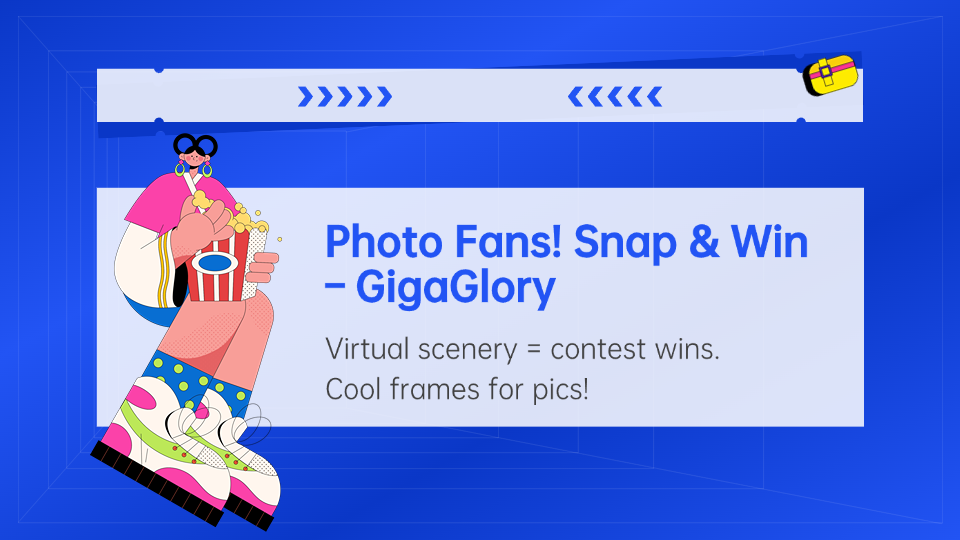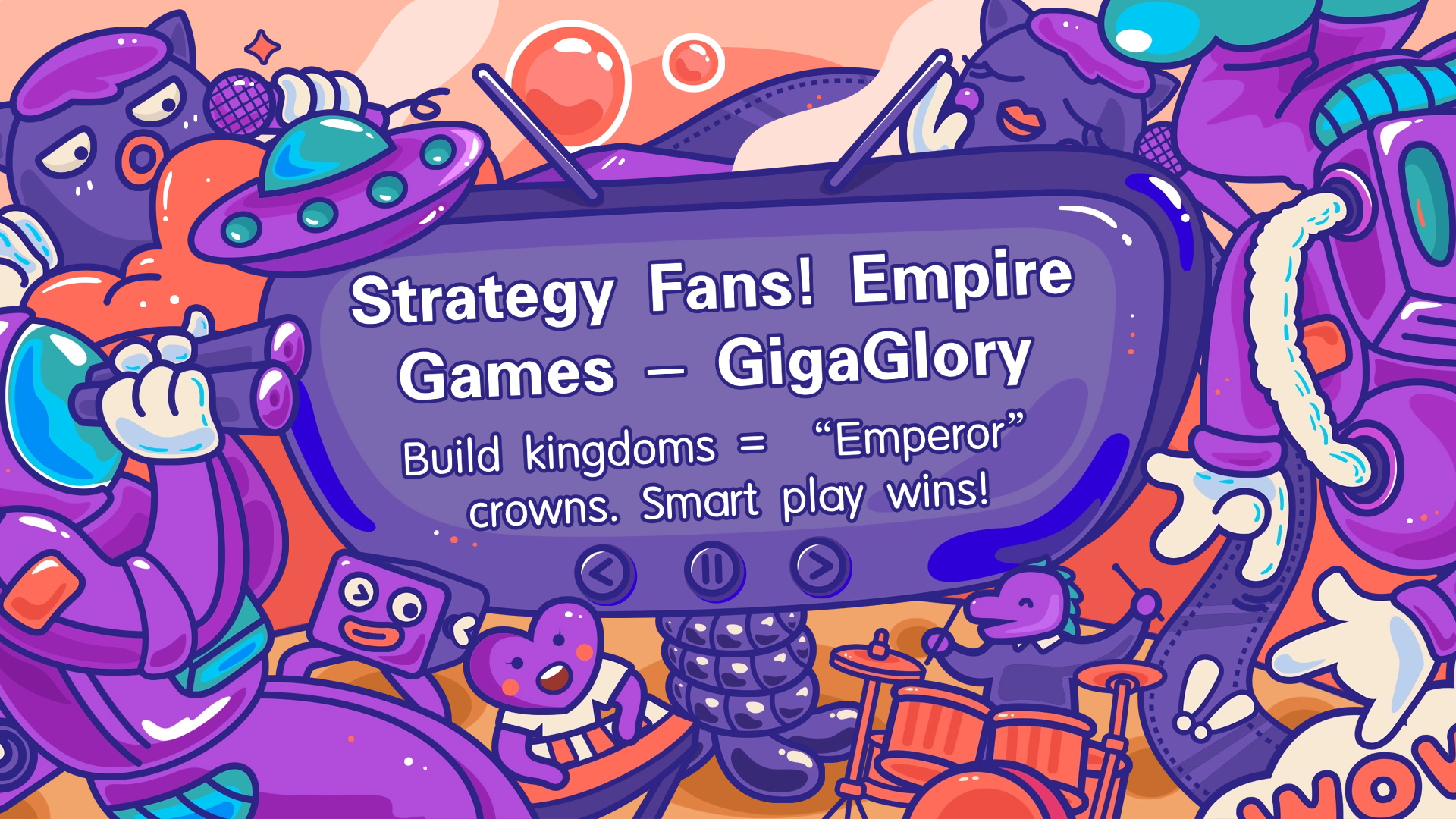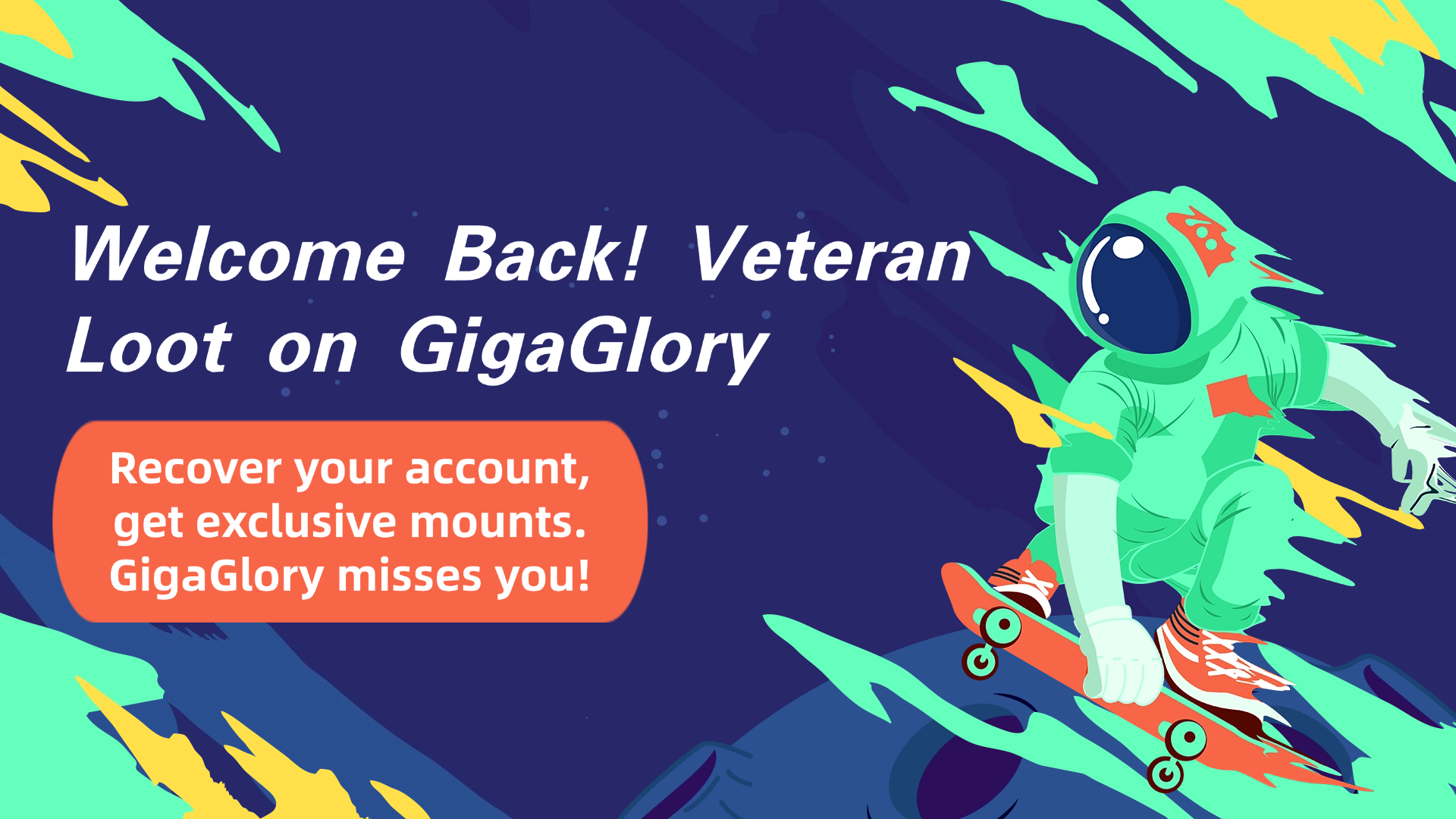Exploring the Evolution of MMORPGs: How Game Mechanics Shape Player Experiences
When you think about gaming, the world of MMORPGs (Massively Multiplayer Online Role-Playing Games) often pops into your mind. These games crafted vast, engaging universes where players immerse themselves in adventures, team up, or even face off against each other. But what shapes these experiences? Do you ever wonder how certain game mechanics can transform a player's journey? Let's dive deep into the evolution of MMORPGs and uncover how these mechanics have influenced players’ emotional connections.
The Birth of MMORPGs
MMORPGs began in the early 1990s with titles like Meridian 59 and Ultimate Online. They paved the way for the genre by allowing players to explore a shared world. What’s intriguing is how these games were essentially text-based. Yes, text-based! Talk about nostalgia!
Comparing them to modern games, the transition from simple ASCII graphics to immersive 3D environments in titles like World of Warcraft shows a monumental shift. The magic lies in how the community flourished. Players created social circles and friendships, demonstrating a natural human inclination to connect. Wouldn’t you agree that community is at the heart of gaming?
Iconic Game Mechanics That Define Player Experience
Various game mechanics play a pivotal role in shaping how players engage with online worlds. Here are some iconic mechanics to consider:
- Quest Systems: Players love the thrill of a quest. It gives them purpose. From simple fetch quests to epic storylines, quest systems create a sense of achievement.
- Character Customization: Who doesn’t enjoy sprinkling a bit of personal flair into their character? Customization options can deeply invest players in their avatar's journey.
- Combat Mechanics: Whether it's turn-based or real-time, combat mechanics significantly impact gameplay. They can introduce strategy, teamwork, or pure thrill!
- Guild Systems: Joining a guild fosters connections. Players can collaborate, tackle challenging raids, or simply enjoy each other's company.
How Player Feedback is Integrated
One of the most intriguing aspects of MMORPG evolution is the role of player feedback. Developers now recognize the power of community voices. For instance, when a game receives criticism about its grinding mechanics, studios might implement changes to introduce some fresh dynamics.
This interaction can lead to unexpected advancements. Consider a mobile game like Clash of Clans. The developers frequently update the game based on community feedback. They’ve honed/create features through direct dialogue, indicating the responsibility developers hold for player satisfaction.
The Role of Community Events and In-game Festivals
Imagine logging in to find your favorite MMORPG bursting with life! Community events and in-game festivals captivate players. They not only provide unique rewards but foster camaraderie among players. Events like World of Warcraft's in-game holidays have become virtual traditions.
This engagement is essential, transforming ordinary game moments into extraordinary adventures. So if you ask yourself, "What makes MMORPGs special?" It's undeniably these moments that bring players together.
Next-Generation MMORPGs and Emerging Trends
The future of MMORPGs is exciting! New trends are emerging along with formidable technology. Games now leverage virtual reality (VR) and augmented reality (AR), creating environments players can physically interact with. Imagine wielding a sword or casting spells with your own hands!
Additionally, the rise of blockchain technology is making waves. Players can genuinely own in-game assets, leading to new economic ecosystems. How can you resist the allure of being part of something groundbreaking?
Core Takeaways: Crafting Immersive Player Experiences
| Mechanic | Player Experience |
|---|---|
| Quest Systems | Purposeful engagement |
| Character Customization | Personal investment |
| Combat Mechanics | Strategic excitement |
| Guild Systems | Community bonding |
Conclusion: The Future of MMORPGs
As we journeyed through the evolution of MMORPGs, it’s evident that game mechanics are more than just coding — they’re the heartbeat of the player experience. The growth from early text-based games to immersive virtual realms highlights a significant shift in how we interact with digital worlds. Whether through feedback or emerging technologies, the essence of community remains. As we look to the future, one thing is clear: MMORPGs aren't just games; they're a lifestyle filled with friendships, battles, and endless possibilities.
Are you excited about what lies ahead for MMORPGs? I certainly am!



